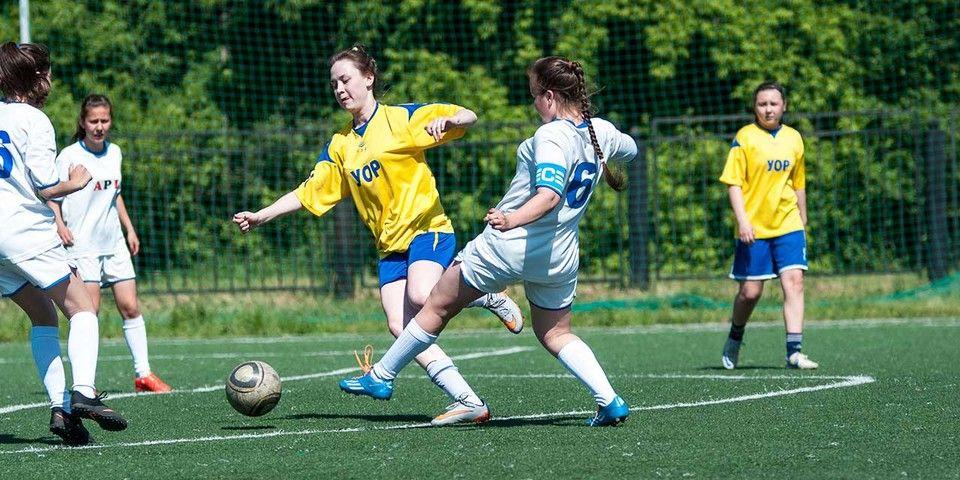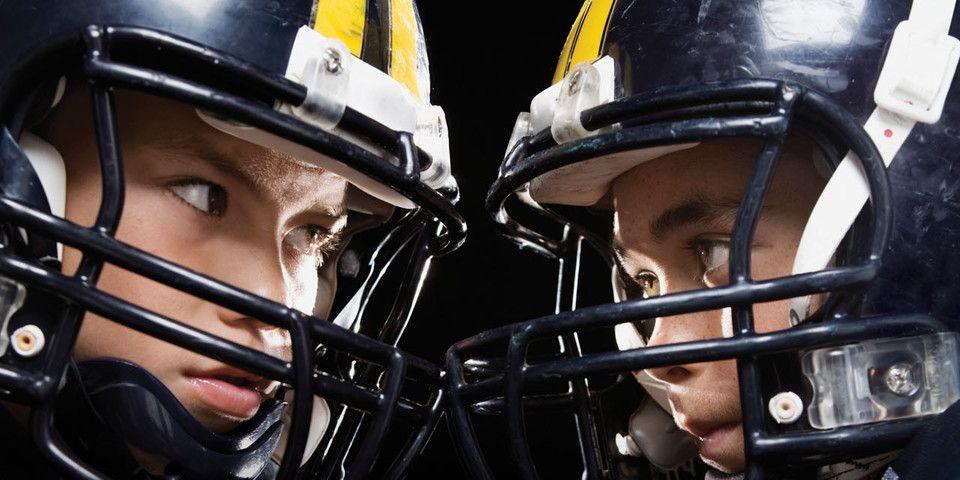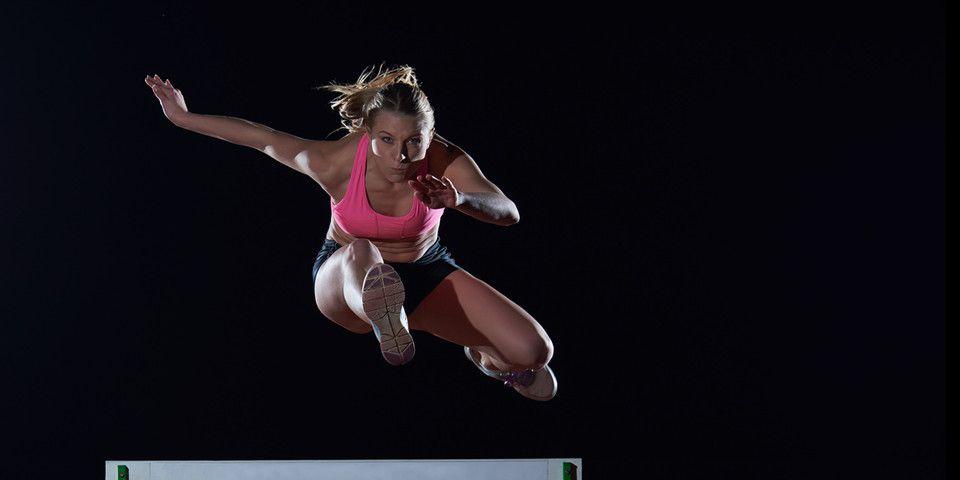Safeguards Against Lacrosse Concussion
Becoming knowledgeable about lacrosse concussions is the first step you need to take to ensure their prevention.
To win possession of the ball during a faceoff at the centerline, lacrosse players channel the sum of their force, speed, and power to acquire the ball before the other player has the chance to gain the advantage. In this sport, you must “attack” to achieve a winning game, and for male athletes this quite literally means a physical tackle! As with any sport, lacrosse injuries are common, and often preventable. If you or someone you love is invested in the mastery of this sport, it is worth your time to learn a little bit more about the early signs and treatment of lacrosse concussions.
What is a concussion? The National Collegiate Athletic Association (NCAA) defines a concussion as the change in one’s brain function from a traumatic impact from a force to the head, that may be signaled by loss of consciousness, but is diagnosed by the neurologic and cognitive dysfunction apparent and experienced when awake.
Lacrosse Concussions Statistics
-
According to the journal Injury Epidemiology published in 2015, a new survey indicates that women’s lacrosse ranked second with the highest rate of concussion, and men’s lacrosse as third across all sports.
-
Head Case, an education and concussion awareness organization, reports that 33% of all sports concussions happen at practice, and that 90% of most diagnosed concussions do not involve a loss of consciousness.
-
Authors of a 2015 study published in the American Journal of Sports Medicine note that women have higher rates of sports related concussions, consistent with NCAA findings. Contributing factors include weaker neck muscles in women, greater angular rotation and head-neck acceleration and displacement, as well as, the likelihood that women will report a concussion right away.
Lacrosse Concussion Precautions
1. Know what signs to look for as an athlete: Head pressure, headaches, nausea or vomiting, disorientation, moodiness, trouble with vision, sensory sensitivity especially to light or noise, balance issues, the feeling of sluggishness, concentration or memory problems
2. Coaches, peers, or parents must be vigilant about the observable warning symptoms: Loss of consciousness (even briefly), expressed uncertainty about the game or what happened prior to the hit or fall, forgetfulness, clumsy movements, changes in personality or mood, slower speech, appears stunned
3. Speak up! Reporting concussions needs to be a team effort, so that the player will seek a medical evaluation immediately when the signs of a concussion are evident. Diagnostically, a CT scan or MRI may be taken to rule out cerebral bleeding or skull fractures. Each individual’s treatment plan will look a little different, but common denominator to every treatment plan is resting to control symptoms. It is crucial to prevent Second Impact Syndrome, Post-Concussion Syndrome, and the lasting consequences concussions can incur. Rothman Orthopaedic Institute uses the ImPACT (Immediate Post-Concussion and Cognitive Testing) program to monitor individuals recovering from a concussion.
4. Limit the likelihood of concussions: One method under investigation in lacrosse concussion prevention is the proactive strengthening of players’ upper back and neck muscles to decrease the chances of rotational head acceleration during a collision. Coaches may also train their team to anticipate collisions and falls properly. Lacrosse helmets and headbands do serve to protect the head from skull fractures and cerebral bleeding, but there is disagreement about the comprehensive protective value of headgear. No helmet is fully concussion proof. Critics believe that the use of protective gear may encourage an increase in routine and violent contact in the sport. The reality is, lacrosse players will play aggressively when allowed to do so, and it is possible that rule changes may have to be instituted, instead of mere gear changes.
For more information, please visit us here or contact us at 1-800-321-9999.
Related Physicians
Related Specialties
Related Conditions
Related Programs
-

Hip Arthroscopy Program
Rothman Orthopaedics is one of the nation’s leaders in the growing field of hip arthroscopy. Our program includes experienced board certified surgeons in Pennsylvania, New Jersey and Florida.Read More -

Sports Concussion Program
Concussion care is a special focus of Rothman's sports medicine program. We've developed the most advanced multi-disciplinary evaluation and treatment techniques based on research done by the concussion specialists here at Rothman Orthopaedic Institute.Read More -

Women’s Sports Medicine Program
The Women’s Sports Medicine Program at the Rothman Orthopaedic Institute is the first of its kind in the Philadelphia metro area and one of only several such programs specializing in the comprehensive care of the female athlete in the country.Read More




